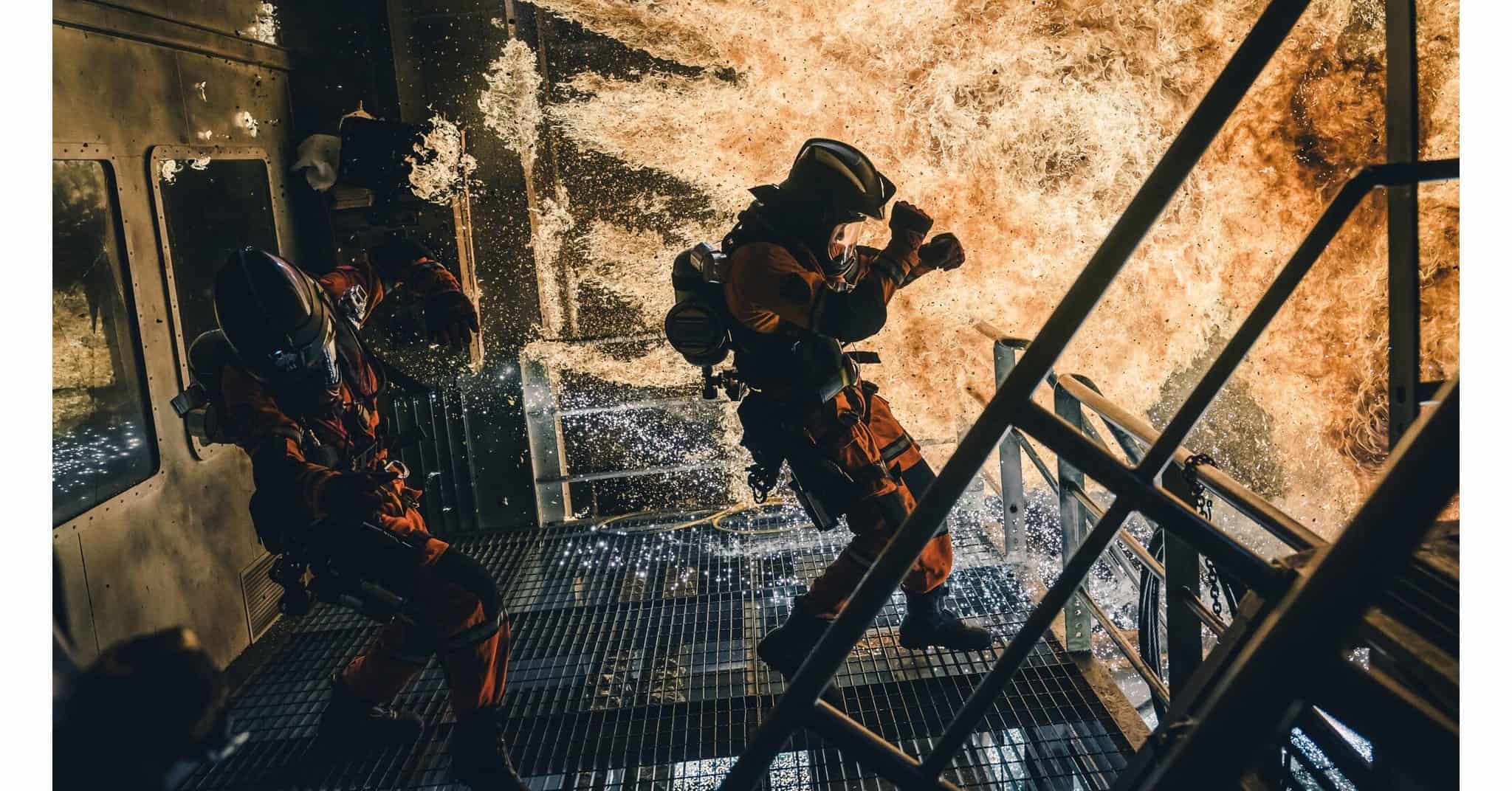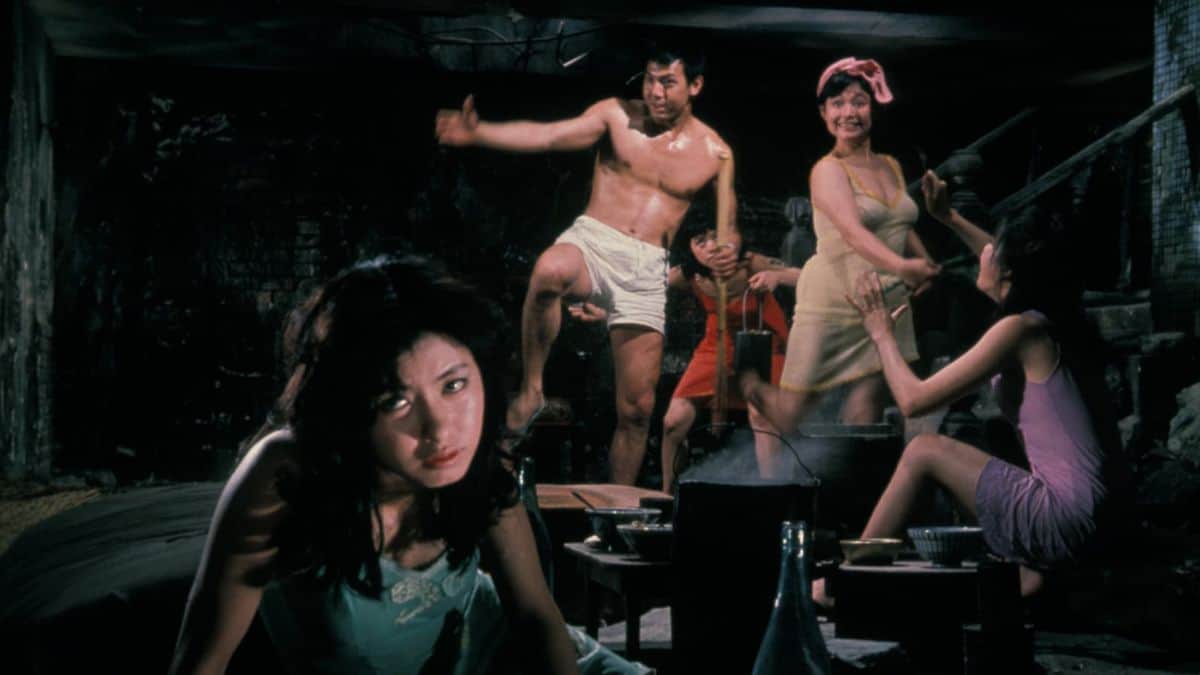Over a decade since its conception, French-Palestinian co-production “Attente” (Rashid Masharawi, 2005) has matured into a tale a little too close to home. The film originally received mixed reviews; some rapturously praise its private insights, whereas others stamp it with a tight-lipped “serviceable.” However, after more than fourteen years of Israel-Palestine back-and-forth, “Attente”‘s absurdist allegory has become all the more poignant. Masharawi spells out here the bitter truth of Palestinian purgatory: its rule as inescapable fate.
“Attente” packages a film-within-a-film. It stars film director Ahmad (Mohmoud Massad) set with a place to go (the European Union) and a place to leave (his birth-home, Palestine). This changes when his friend, Abou Jamil (Abderrahman Abou El Qassem) wrings him into one last task: to recruit actors for the future Palestinian National Theatre. Ahmad embarks upon his project without enthusiasm. With television anchor Bissan (Areen Omari) and cameraman Mounir, dubbed “Lumiere” (Yousset Baroud), the three trek across refugee camps in Gaza, Syria, and Lebanon interviewing hopefuls. Their performance prompt? Only a simple command: “Wait.”
The cue elicits a variety of responses. A number walk out immediately, shaming the camera for wasting their time; a few wring their hands, asking for more direction; one even strips down, obediently raising his arms over his head as if held at gunpoint. Bombings, defunct travel documents, and security checkpoints further threaten the validity of the proposal, destabilizing the trio's hard work. Like Samuel Beckett's Vladimir and Estragon – both characters of whom fumble around whilst waiting for their imaginary Godot – the trio of “Attente” similarly runs around in what seems like an impossible endeavor, looking for experienced actors who do not exist.

The plot speaks to the production of the film itself. The some fifty Palestinian refugees – all of whom play themselves – contrast sharply against the manicured movements of the film crew, all of whom are professional actors. So indicates the assignment's (and in turn, the film's) inanity. How, after all, can anyone find experienced actors for the Palestinian National Theater when there are so few opportunities to begin with? As Ahmad points out, how can they have a national theater without a state?
Other reviews point out that the tongue-in-cheek satire is indicative of Masharawi's own life. As a self-taught filmmaker raised in the Shati refugee camps of Palestine, Masharawi mentions that he worked on the film while he himself was stuck in political limbo when he could not return to his home in Ramallah. What is seldom mentioned, however, is the film in retrospect. As the Israel-Palestine situation fails to progress towards peace, the film becomes less about Masharawi, its characters, or even the refugees involved. Instead, the film is more reflective of the situation at large: a political standstill that has changed little since the Oslo Accords.

Revisiting “Attente” in 2019 is thus sharp reminder of the politics of its conception, a centuries-old struggle that has melted into white noise of the living room. Watching the film now is only a mirror of Palestinian purgatory, one in which its civilians are told to wait. But for what, no one really knows.
The film originally premiered in 2005 Venice's Giornate di Autori, and -has previously won the Best Film Award at MedFilm and Amiens. You can find the trailer below.















